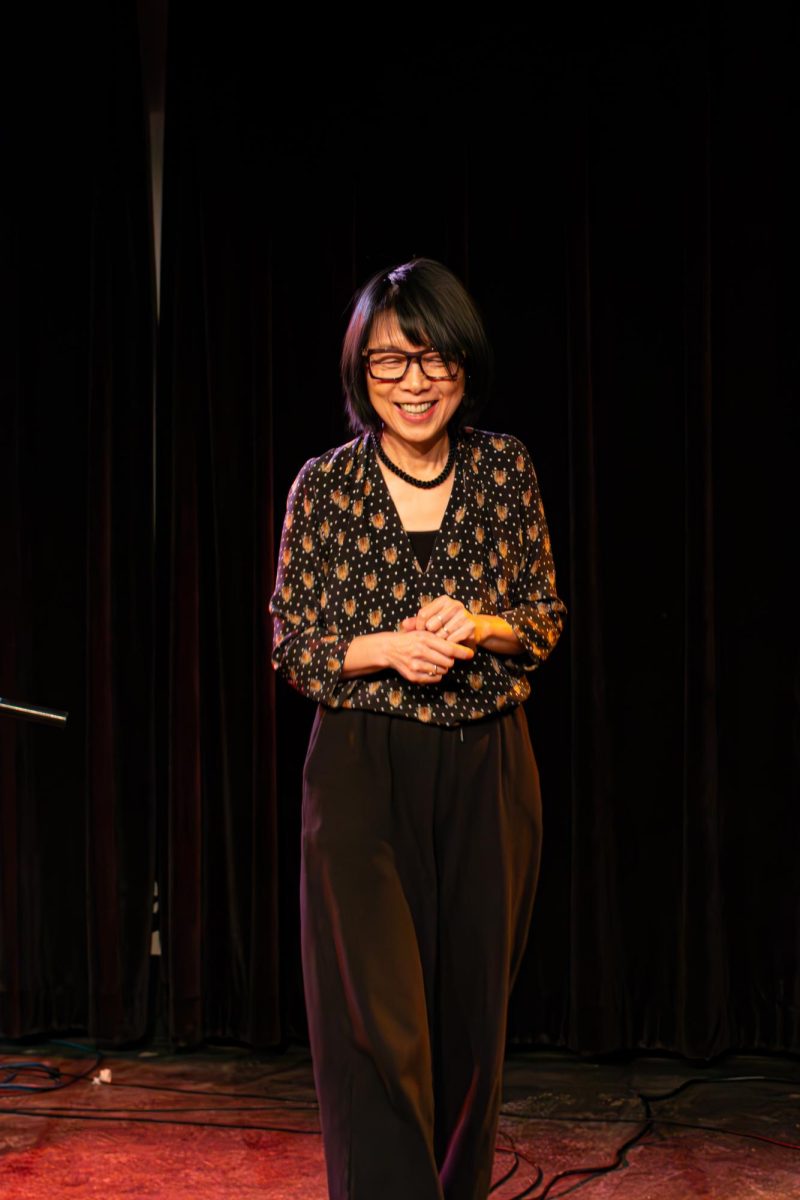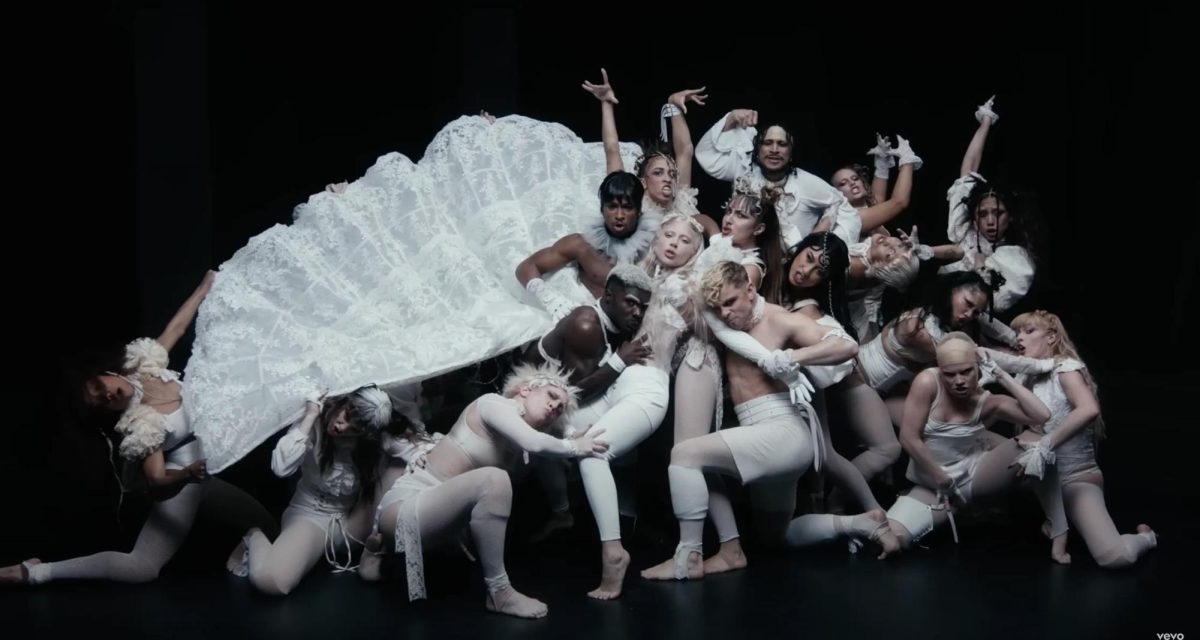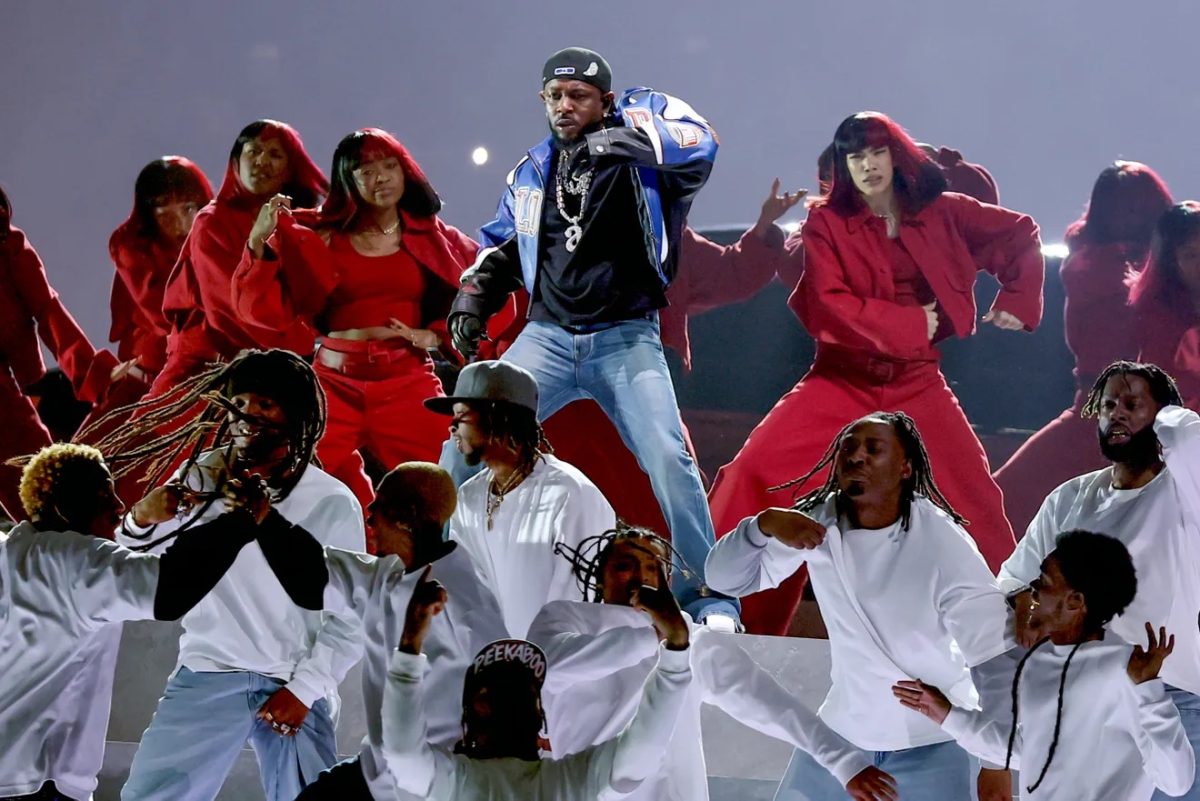Music is transformative. It doesn’t matter what genre it belongs to or who’s producing it — it has the power to impact you. R&B music led me to follow my own interests instead of trying to follow others. When I was 13, I only listened to music that the “popular kids” listened to in order to be recognized. A specific album that prompted me to break away from this was Ctrl by SZA, which came out in 2017. While some of the songs discussed matters that were too mature for me at the time, others really resonated with me. SZA embodied what it was to be a young, awkward Black girl who was overwhelmed with wanting to embrace her individuality, but too afraid of judgment, essentially not having a sense of control over others’ perceptions.
Specific songs like “Supermodel” and “Normal Girl” stick with me to this day. The message within them is so authentically beautiful. “Supermodel” tackles the issue of not being comfortable with yourself and not being able to truly believe in yourself because people around you are constantly bringing you down. I played it repeatedly when it first came out, listening to each lyric and verse as if it were a letter specifically written for me. Specific lyrics made a long-lasting impression on me, such as, “I could be your supermodel if you believe, if you see it in me, see it in me, see it in me, I don’t see myself.” In the music video, SZA is seen talking to herself in the mirror while a man, assumed to be her boyfriend, stands behind her and laughs. It was such a realistic depiction of what it means to uplift yourself in the face of belittlement, and it provided me with so much comfort because there she was — a Black woman discussing something that many Black girls and women experience. She brings in the intersectional challenges that Black girls experience in relationships and with self-image.
Often, Black girls experience the pressure of needing to fit into an ideal image of femininity and check all of the boxes just to be seen as capable. Growing up, I have always felt this weight on my shoulders being Black and a girl in small, predominantly white spaces, since I needed to meet higher expectations just to be on everyone else’s “level.” It was difficult to find some release within those environments, as I always felt this barrier that prevented me from truly expressing myself. SZA actively addresses those same issues in Ctrl by singing as if she’s conversing with all the Black girls and women in the world, sharing her experiences as a way of saying: “You’re not alone.” By normalizing feeling angry, upset, and lost, she reminded me that it’s a part of being human. In Ctrl, she wasn’t afraid to say what people try to hide, which is truly healing. Seeing that at a young age gave me the resilience to keep going to school and not hide behind something that wasn’t me. It also allowed me to reject the unachievable expectations that were being forced upon me.
SZA’s song “Normal Girl” also reinforces an understanding of wanting to meet everyone’s expectations but realizing it’s more important to try to meet your own. The song dives into the feeling of wanting to be that girl who does everything right, that girl who is taken seriously, and that girl who is, in traditional terms, “wife material.” This song spoke to me as it openly illustrates the same thoughts that continuously ran through my mind growing up and sometimes still do. Honestly, before hearing this song, I thought people never really felt like this. I believed I was the only one. Hearing it being said back to me was like a moment of clarity; it’s challenging what we, as women and young girls, are conditioned to think in society. We are taught to check these boxes to be genuinely appreciated. A line that stood out to me was: “Normal girl, what do you say now? Quit on the world ’cause it ain’t goin’ your way now. Quit on yourself ’cause you can’t figure your way out. Normal girl; how do you be?” I felt like she was saying, “How can you be ‘the girl’ that they want you to be? How can you really meet all of these strenuous expectations? You’re only one person. Don’t quit on yourself just because you don’t know who you are yet, and don’t give up on the world just because you haven’t found your way yet.” It’s a guiding principle that prepared me for many hardships.
SZA’s candid lyrics and sharp wit uplifted me and let me find ways to accurately express myself. I can’t begin to thank her for pulling me out of the state of wishing to be different instead of embracing what I already had. It takes many individuals even longer to figure this out. I’m thankful to have realized this early on. To me, SZA uniquely embraced the R&B genre and used it as a way to express the pain amd hardships, as well as the victories she experienced. In turn, she gave many awkward Black girls an outlet to freely accept who they are and feel exceptional.













